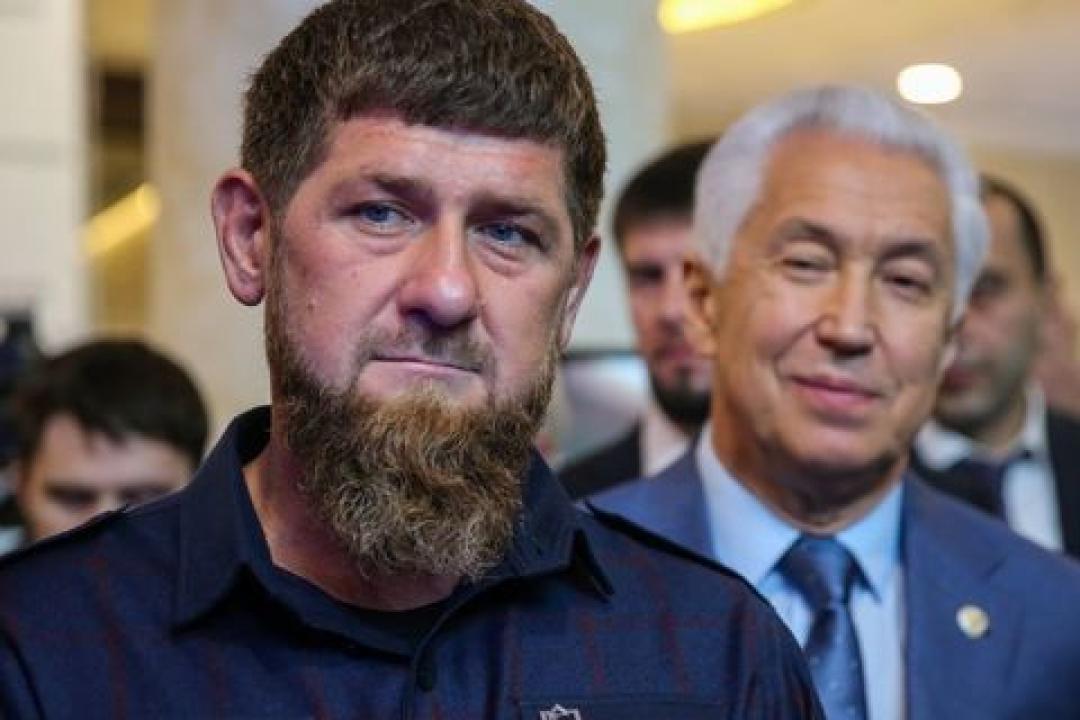
International reactions to freedom rights of Yelena Milashina and Zarema Musayeva

UK and Canada draw OSCE attention to threats against journalist Yelena Milashina
At the OSCE Forum for Security Co-operation, Deputy Chairperson of the British Delegation Deirdre Brown issued a statement on behalf of the UK and Canada in which she condemned Russia's actions leading to the infringement of freedom of the press and the narrowing of space for independent media.
In particular, the statement emphasises the "unacceptable attitude" of the Chechen authorities towards the journalist Yelena Milashina. "We are alarmed by the news that Milashina has been forced to leave the country following further threats from the Chechen authorities," Brown said.
Earlier, Novaya Gazeta journalist Yelena Milashina said she was forced to temporarily leave Russia because of threats from Chechen leadership.
Elena Milashina has been writing about Chechnya for many years and she is the author of many publications critical of the regime established in the republic by its head Ramzan Kadyrov. At the end of January, Novaya Gazeta published Milashina's materials about Kadyrov's critics living in exile and about the persecution of the Yangulbaev family.
At the end of January, Ramzan Kadyrov, in his Telegram channel, called on law enforcement agencies to detain Milashina and the founder of the "Committee against Torture" and member of the Presidential Human Rights Council, Igor Kalyapin, whom Kadyrov called "accomplices of terrorists." He repeated this statement in a video message released a few days later.
ECHR obliges Russia to regularly report on the state of Zarema Musayeva
The European Court of Human Rights has ordered the Russian Federation to provide information about Zarema Musayeva’s health status, who is in a pre-trial detention centre in Grozny, every two weeks. It is required to report on medical care, a list of prescriptions, medicines and examinations carried out, while confirming this information with documentation.
In addition, the ECtHR requested regular reports on measures taken to ensure the rights and freedoms of Zarema Musayeva, enshrined in the Convention on Human Rights, reports the "Committee against Torture," which sent a letter to the ECtHR.
This is an interim measure taken under Rule 39 of the Rules of Court, which is applied in exceptional circumstances where the life and health of a person are threatened by an imminent risk of irreparable harm.
Interim measures taken by the ECtHR in accordance with Rule 39 consist of prohibiting the state from taking actions that may cause irreparable and substantial damage to life or health, and in exceptional cases to private and family life, home, and correspondence, or instructing the state to the need to take certain actions to prevent such damage.
On January 20, people who introduced themselves as employees of the Chechen Interior Ministry broke into the Yangulbayev’s' apartment in Nizhny Novgorod. They had documents to forcibly bring retired judge Saidi Yangulbaev and his wife Zarema Musayeva to Chechnya for questioning as witnesses in a fraud case. Since Saidi Yangulbaev at that time had the status of a retired judge, only his wife was detained - she was taken out of the apartment by force, without being allowed to get dressed or take medicine (the woman suffers from diabetes).
Immediately upon arrival in Grozny, Musayeva was sent to a special detention centre for 15 days on charges of insulting a police officer. Later, a criminal case was opened against her, allegedly because of an attack on a security official.
See Also


Simonyan: “Armenia Should Trade with Turkey and Azerbaijan Instead of Closing Borders”

Mirzoyan Meets US Deputy Assistant Secretary Joshua Huck

Azerbaijani President Holds Talks with UAE and German Business Delegations on Economic Cooperation

Grigoryan Confirms Armenia’s Readiness to Dissolve OSCE Minsk Group Upon Peace Treaty Signing

